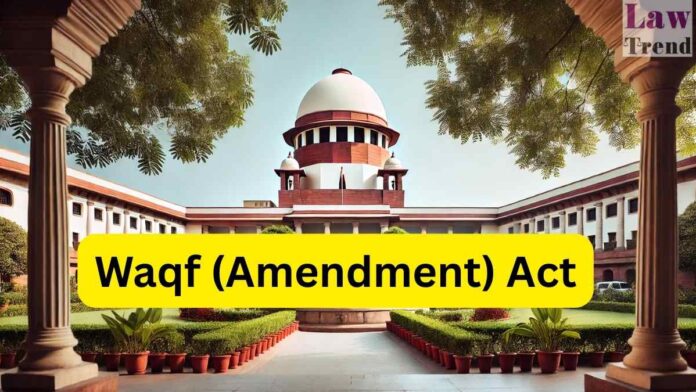In a significant legal development, the Central Government on Friday urged the Supreme Court to dismiss challenges against the Waqf (Amendment) Act, 2025, stating that the law must not be stayed as it carries a “presumption of its constitutionality.” The government’s stance came through a detailed 1,332-page counter affidavit, submitted by Shersha C Shaik Mohiddin, Joint Secretary in the Ministry of Minority Affairs.
The affidavit highlighted the substantial increase in waqf properties, reporting over 20 lakh hectares added since 2013, contrasting sharply with historical accumulations dating back even before the Mughal era. This point underscores the government’s claim of “reported misuse” of previous provisions which, according to the affidavit, allowed encroachments on private and government properties.
Addressing the Supreme Court, the affidavit emphasized the established legal principle that constitutional courts should not stay statutory provisions without considering the potential adverse effects of such actions. It pointed out that even members of the Muslim community could face unintended consequences should the challenges ultimately fail.
Furthermore, the government refuted claims that the amendments strip away fundamental religious freedoms, asserting instead that the changes were carefully crafted based on an extensive study by a bipartisan parliamentary panel. The government defended the amendments as a necessary reform to ensure that religious endowments like waqf are managed responsibly and transparently, aligning with the trust placed in them by followers and the society at large.
The Centre also assured the court that until May 5, it would not denotify any waqf properties or make appointments to the central waqf council and boards, allowing the Supreme Court time to deliberate on interim orders. The case is set for a hearing under the bench led by Chief Justice Sanjiv Khanna on the stipulated date.




